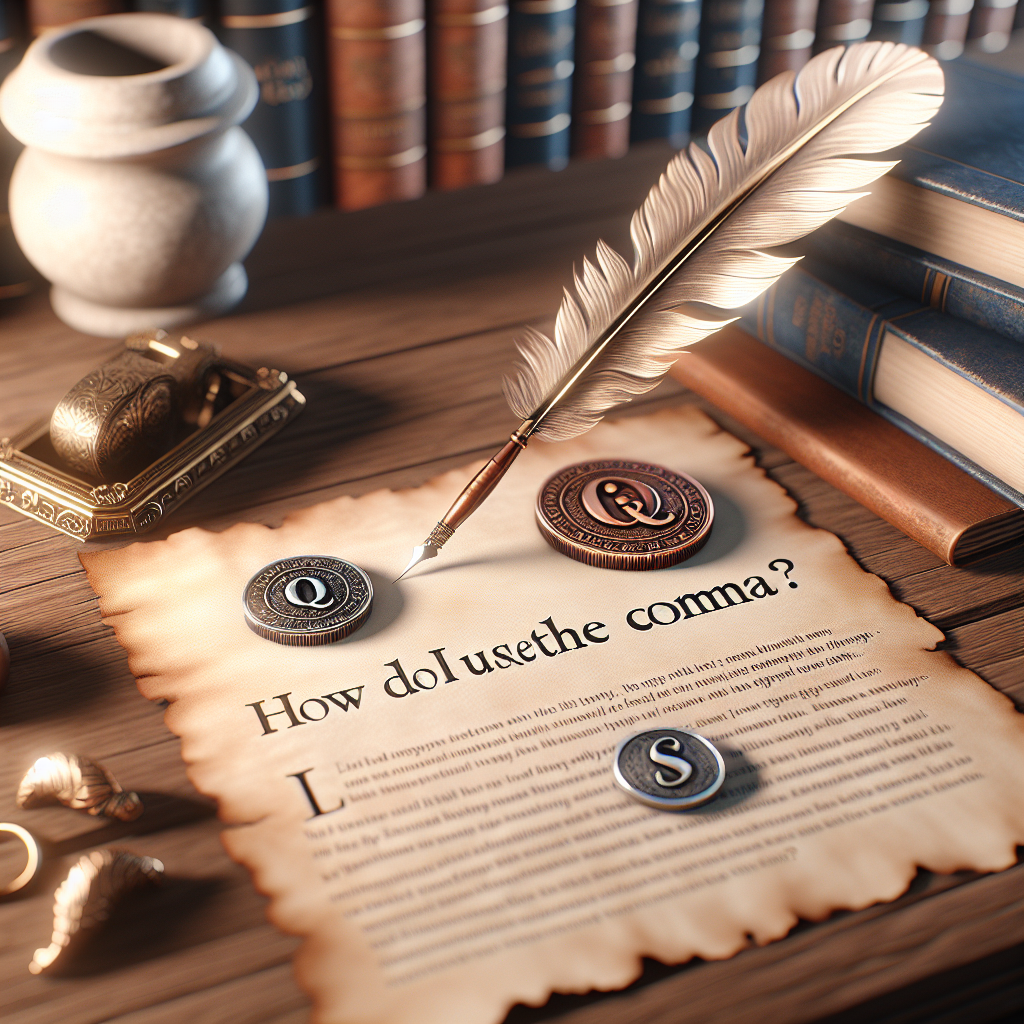How to Use the Oxford Comma
The Oxford comma, also known as the serial comma, is a punctuation mark that is used before the conjunction in a list of three or more items. It can often lead to confusion and debates among writers and editors.
What is the Oxford Comma?
The Oxford comma is used to separate items in a sentence to avoid ambiguity. For example, consider the sentence: “I had eggs, toast, and orange juice for breakfast.” Without the Oxford comma, it could be interpreted as having “toast and orange juice” together, when in reality, the toast and orange juice were separate items.
When to Use the Oxford Comma
The general rule of thumb is to use the Oxford comma to clarify the meaning of a sentence. It is especially important in complex lists or when items themselves contain commas. For example: “I invited my parents, John Roberts, and Jane Smith.” Without the Oxford comma, it could be unclear whether “John Roberts” is a separate entity or part of the list of parents.
Common Controversies Surrounding the Oxford Comma
Despite its benefits, the Oxford comma can also be the subject of heated debates. Some argue that it is unnecessary and can lead to awkward phrasing. Others believe that it is crucial for clarity and should always be used. Ultimately, the decision of whether to use the Oxford comma comes down to personal preference and style guidelines.
How to Incorporate the Oxford Comma in Your Writing
When using the Oxford comma, it is essential to be consistent throughout your writing. If you choose to use it in a sentence, make sure to include it in all similar constructions. This will help maintain clarity and avoid confusion for your readers.
Conclusion
In conclusion, the Oxford comma plays a vital role in ensuring clear and concise communication in writing. While it may spark debates among grammar enthusiasts, its purpose is to eliminate ambiguity and provide a structured approach to listing items in a sentence. By understanding when and how to use the Oxford comma, you can enhance the readability and effectiveness of your writing.
#Oxford #comma
